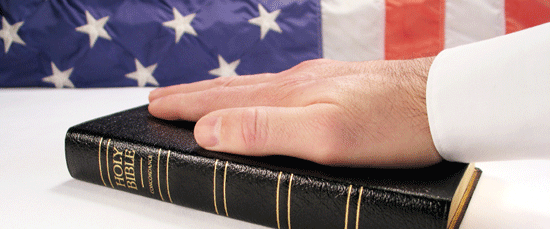The main tasks of a Personal Representative are to:
(1) determine if there are any probate assets;
(2) identify, gather, and inventory the assets of the deceased;
(3) receive payments due the estate, including interest, dividends, and other income (e.g., unpaid salary, vacation pay, and other company benefits);
(4) set up a checking account for the estate;
(5) figure out who is going to get what and how much under the Will (if there is no Will, the state’s “interstate succession laws” apply);
(6) value or appraise the estate’s assets;
(7) give legal notice to potential creditors (the procedure and deadlines for creditors to file claims vary from state-to-state);
(8) investigate the validity of all claims against the estate;
(9) pay funeral bills, outstanding debts, and valid claims;
(10) pay the expenses of administrating the estate;
(11) handle various paperwork, such as discontinuing utilities and charge cards, and notifying Social Security, Civil Service, and Veterans Administration of the death;
(12) file and pay income and estate taxes;
(13) distribute the remaining property in accordance with the instructions provided in the deceased’s Will; and
(14) close probate.
